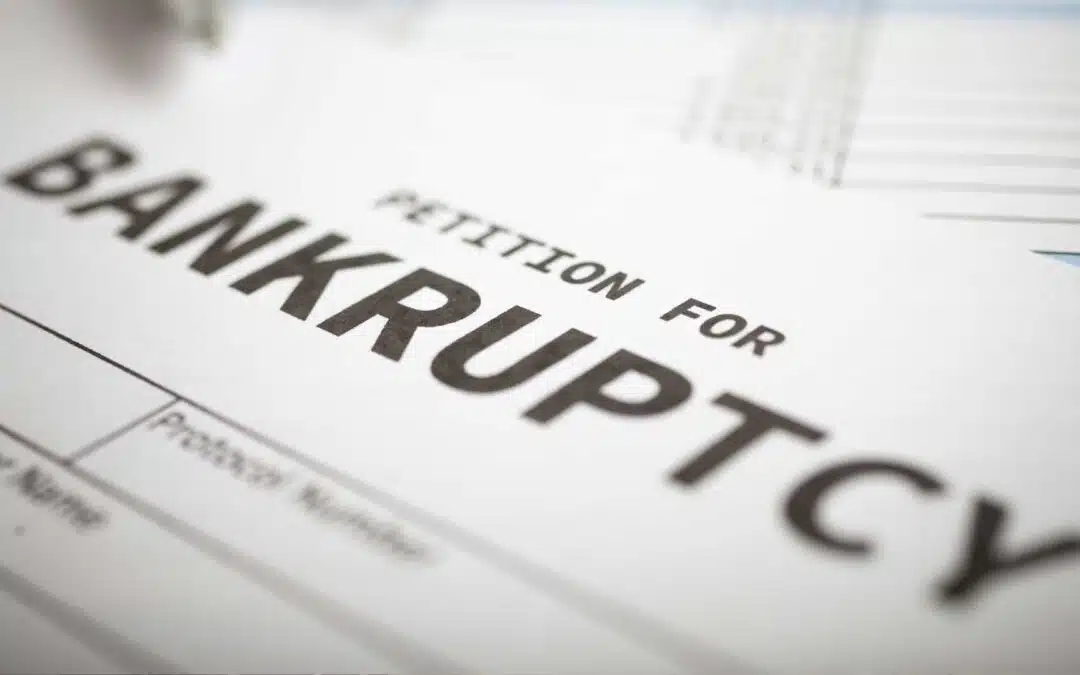Statutory demands can be an effective and inexpensive tool when seeking to recover an undisputed debt. It is a formal written request for a debt to be paid. However, on its own or if not executed properly a statutory demand will be ineffective. This article focuses on serving an individual with a statutory demand.
What happens after you serve a statutory demand?
A creditor will serve a statutory demand on a debtor with the view of receiving full payment of a debt. A debtor can either make full payment of the debt, enter a payment plan or challenge the statutory demand.
A debtor may apply to set aside a statutory demand within 18 days of service, if they are able to demonstrate one or more of the following:
1. The value of the debt is less than £5,000 or the debtor has reduced the value of the debt below £5,000;
2. The debtor has a counterclaim against the creditor that is equal to or greater than the value of debt itself;
3. The debt is genuine disputed;
4. On a point of law, for example the debt has been statute barred.
It is essential that a creditor considers these potential defences, ahead of serving a debtor with a statutory demand. If the creditor has doubts, they should pursue alternative methods of recovering the debt. This is addressed in further detail below.
In the event that a debtor ignores a statutory demand, then a creditor may within 4 months petition for the debtor’s bankruptcy.
Following a petition for bankruptcy, there will be a hearing. If the court is satisfied that the debt is owed and the debtor has no significant defences, then the judge may make a bankruptcy order against the debtor. An official receiver will subsequently be appointed to take control of the debtor’s property and financial affairs. The official receiver will then take any reasonable steps to satisfy the debt.
Risks and considerations for a creditor?
The primary consideration for a creditor should always be the likelihood of enforcement. Often, if a debtor fails to pay their debts, it is indicative of a cashflow problem. A creditor should always consider a debtor’s assets and liabilities, prior to issuing proceedings. Failure to consider this step may result in non-payment from the debtor, in addition to the creditor incurring further costs.
A creditor should consider all options when seeking to recover a debt. In some circumstances it may be more appropriate to seek a charging order or issuing a county court claim. There are various factors which will determine the best option for a creditor. It is crucial that a creditor carries out their due diligence prior to issuing proceedings.
At Carter Bond Solicitor we take a pragmatic approach to all debt recovery matters. We carry out the necessary investigations to determine the best option for a creditor when seeking to recover a debt.
If you would like further information on statutory demands or bankruptcy, please contact one of our specialist solicitors who would be happy to advise you.

